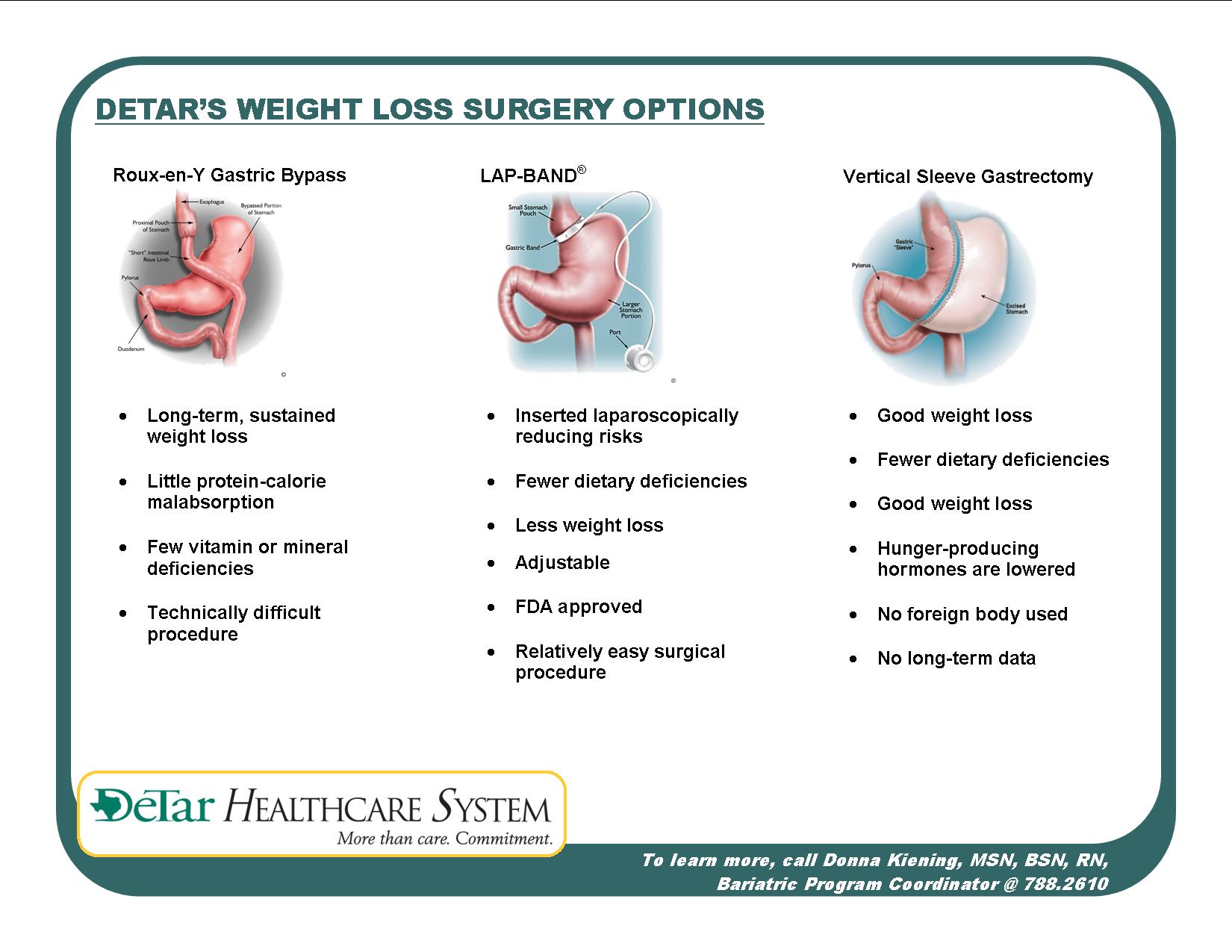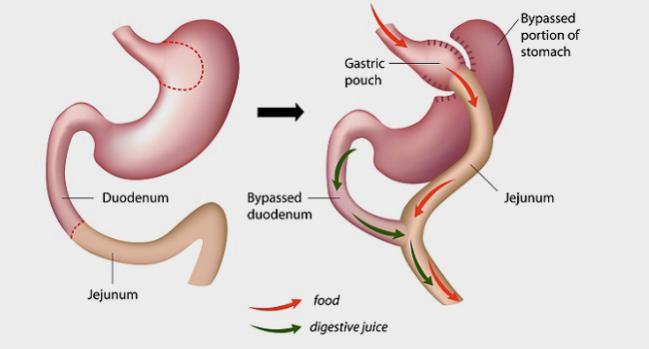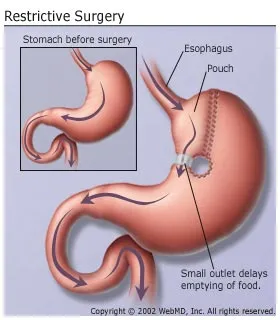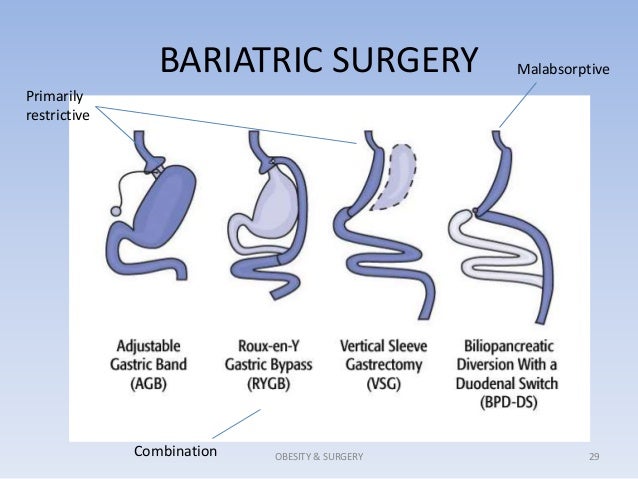Obesity Surgery

Heart disease high blood pressure obstructive sleep apnea type 2 diabetes nonalcoholic fatty liver disease nafld or nonalcoholic steatohepatitis nash.
Obesity surgery. In addition to weight loss gastric bypass surgery may improve or resolve conditions often related to being overweight including. A journal for bariatric metabolic surgeons obesity surgery provides an international interdisciplinary forum for communicating the latest research surgical and laparoscopic techniques for treatment of massive obesity and metabolic disorders. Bariatric surgery weight loss surgery is the only effective and long term method in the fight against obesity. The surgery makes the stomach smaller and sometimes changes the small intestine.
Gastric bypass and other types of weight loss surgery collectively known as bariatric surgery make surgical changes to your stomach and digestive system that limit how much food you can eat and how many nutrients you absorb leading to weight loss. Bariatric surgery or weight loss surgery includes a variety of procedures performed on people who are obese. Does bariatric surgery always work. Obesity surgery is the official journal of the international federation for the surgery of obesity and metabolic disorders ifso.
The increasing demand for bariatric surgery. It causes weight loss either by restricting the amount of food intake causing malabsorption of calories and nutrients by bypassing the part of the intestine that absorbs the most food or by a combination of these. While that may sound appealing gastric bypass surgery isn t for everyone. Bariatric surgery results in significant weight loss and helps prevent more than 40 diseases related to obesity.
Thanks to surgical treatment patients not only have the best chance of achieving a healthier weight and body mass index bmi but also a chance to change their existing lifestyle. Bariatric surgery can improve many of the medical conditions linked to obesity especially type 2 diabetes.










/cdn.vox-cdn.com/uploads/chorus_image/image/58036953/kevin.0.jpg)







